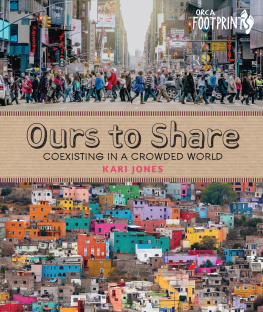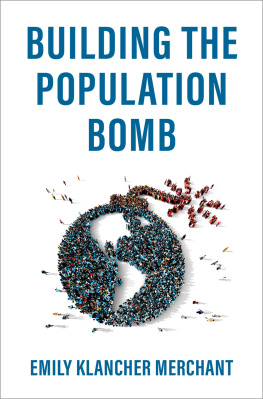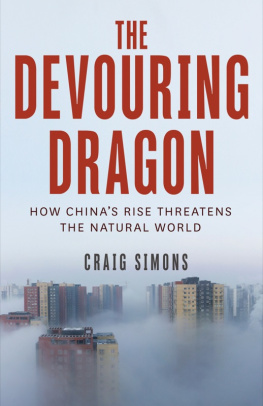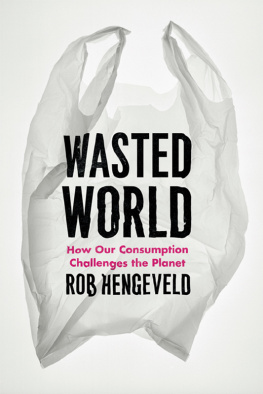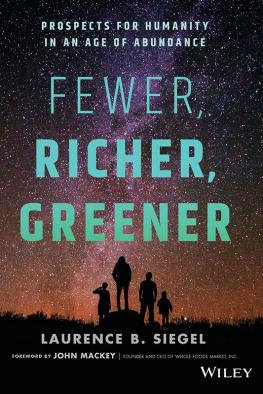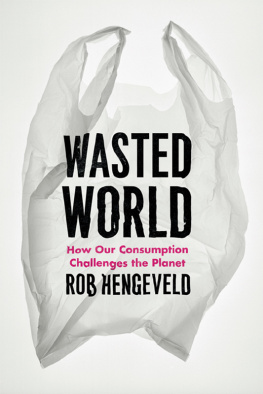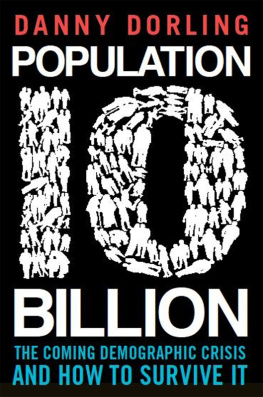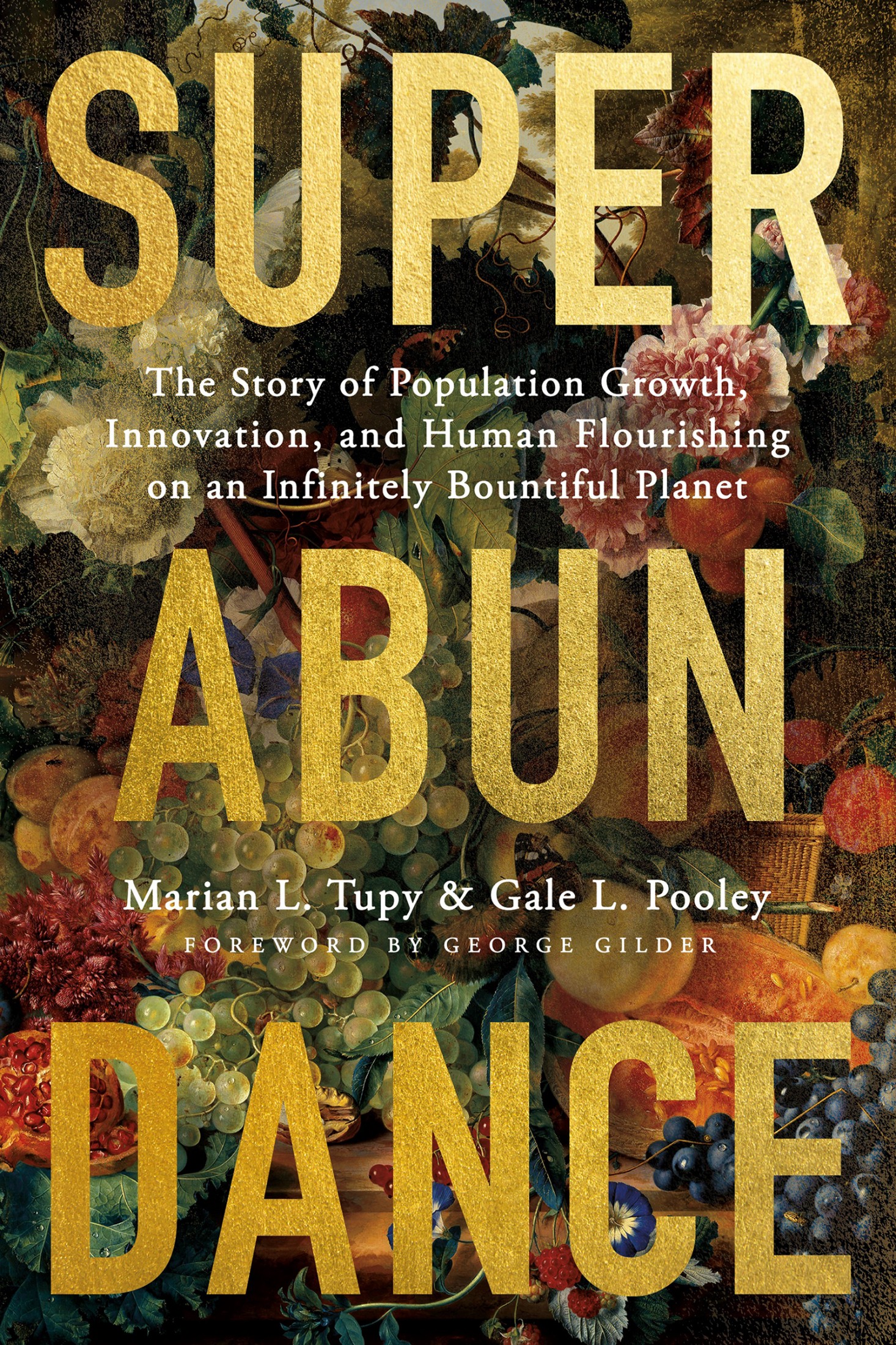Marian L. Tupy - Superabundance: The Story of Population Growth, Innovation, and Human Flourishing on an Infinitely Bountiful Planet
Here you can read online Marian L. Tupy - Superabundance: The Story of Population Growth, Innovation, and Human Flourishing on an Infinitely Bountiful Planet full text of the book (entire story) in english for free. Download pdf and epub, get meaning, cover and reviews about this ebook. City: Washington, D.C., year: 2022, publisher: Cato Institute, genre: Science. Description of the work, (preface) as well as reviews are available. Best literature library LitArk.com created for fans of good reading and offers a wide selection of genres:
Romance novel
Science fiction
Adventure
Detective
Science
History
Home and family
Prose
Art
Politics
Computer
Non-fiction
Religion
Business
Children
Humor
Choose a favorite category and find really read worthwhile books. Enjoy immersion in the world of imagination, feel the emotions of the characters or learn something new for yourself, make an fascinating discovery.

- Book:Superabundance: The Story of Population Growth, Innovation, and Human Flourishing on an Infinitely Bountiful Planet
- Author:
- Publisher:Cato Institute
- Genre:
- Year:2022
- City:Washington, D.C.
- Rating:5 / 5
- Favourites:Add to favourites
- Your mark:
Superabundance: The Story of Population Growth, Innovation, and Human Flourishing on an Infinitely Bountiful Planet: summary, description and annotation
We offer to read an annotation, description, summary or preface (depends on what the author of the book "Superabundance: The Story of Population Growth, Innovation, and Human Flourishing on an Infinitely Bountiful Planet" wrote himself). If you haven't found the necessary information about the book — write in the comments, we will try to find it.
For centuries, the ivory towers of academia have echoed this sentiment of multitudinous ends and limited means. In this supremely contrarian book, Tupy and Pooley overturn the tables in the temple of conventional thinking. They deploy rigorous and original data and analysis to proclaim a gospel of abundance. Economicsand ultimately, politicswill be enduringly transformed. George Gilder, author of Life after Google: The Fall of Big Data and the Rise of the Blockchain Economy
Generations of people have been taught that population growth makes resources scarcer. In 2021, for example, one widely publicized report argued, The worlds rapidly growing population is consuming the planets natural resources at an alarming rate . . . the world currently needs 1.6 Earths to satisfy the demand for natural resources . . . [a figure that] could rise to 2 planets by 2030. But is that true?
After analyzing the prices of hundreds of commodities, goods, and services spanning two centuries, Marian Tupy and Gale Pooley found that resources became more abundant as the population grew. That was especially true when they looked at time prices, which represent the length of time that people must work to buy something.
To their surprise, the authors also found that resource abundance increased faster than the populationa relationship that they call superabundance. On average, every additional human being created more value than he or she consumed. This relationship between population growth and abundance is deeply counterintuitive, yet it is true.
Why? More people produce more ideas, which lead to more inventions. People then test those inventions in the marketplace to separate the useful from the useless. At the end of that process of discovery, people are left with innovations that overcome shortages, spur economic growth, and raise standards of living.
But large populations are not enough to sustain superabundancejust think of the poverty in China and India before their respective economic reforms. To innovate, people must be allowed to think, speak, publish, associate, and disagree. They must be allowed to save, invest, trade, and profit. In a word, they must be free.
Marian L. Tupy: author's other books
Who wrote Superabundance: The Story of Population Growth, Innovation, and Human Flourishing on an Infinitely Bountiful Planet? Find out the surname, the name of the author of the book and a list of all author's works by series.

